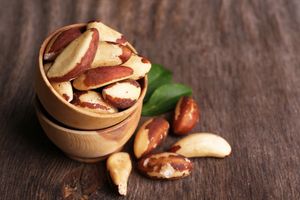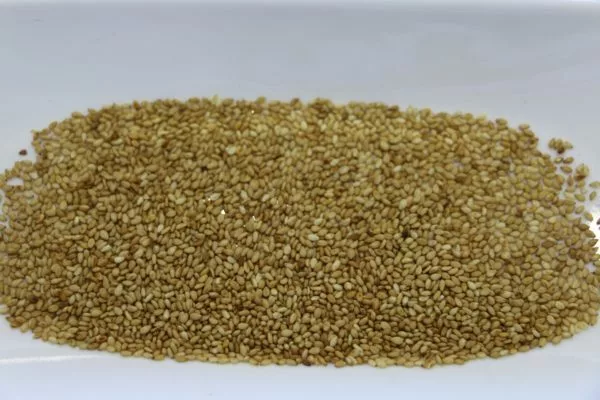Oilseeds: who are they?

What nutrients do they provide?
Oilseeds are particularly interesting from a nutritional standpoint because they contain two polyunsaturated fatty acids that cannot be synthesized by the body: omega-6 and omega-3. They also contain high levels of protein, especially fruits such as sesame or almond, but they should be combined with small portions of legumes rich in lysine, methionine and cystine, three essential amino acids of which they are generally lacking. . Regarding micronutrients, they provide very good amounts of vitamin E (a formidable antioxidant), thiamine (vitamin B1), riboflavin (vitamin B2), folic acid (B9) as well as calcium, magnesium, phosphorus and potassium. The oleaginous fruits also contain phytosterols and phytoestrogens, two compounds having a supposed beneficial role on the absorption of cholesterol.
Sources
Hu FB, Stampfer MJ. Nut consumption and risk of coronary heart disease: a review of epidemiologic evidence. Curr Atheroscler Rep. 1999;1:204-209. Lovejoy JC. The impact of nuts on diabetes and diabetes risk. Curr Diab Rep. 2005;5:379-384. Tsai CJ, Leitzmann MF, et al. A prospective cohort study of nut consumption and the risk of gallstone disease in men. Am J Epidemiol. 2004;160:961-968 Mukuddem-Petersen J, Oosthuizen W, Jerling JC. A systematic review of the effects of nuts on blood lipid profiles in humans. J Nutr. 2005;135:2082-2089. Schulz et al. 2002 D. Ribero & al. The effect of oilseed consumption on appetite and on the risk of developing type 2 diabetes mellitus, Nutricion Hospitalaria, Nutr Hosp. 2013;28:296-305, DOI:10.3305/nh.2013.28.2.6309










